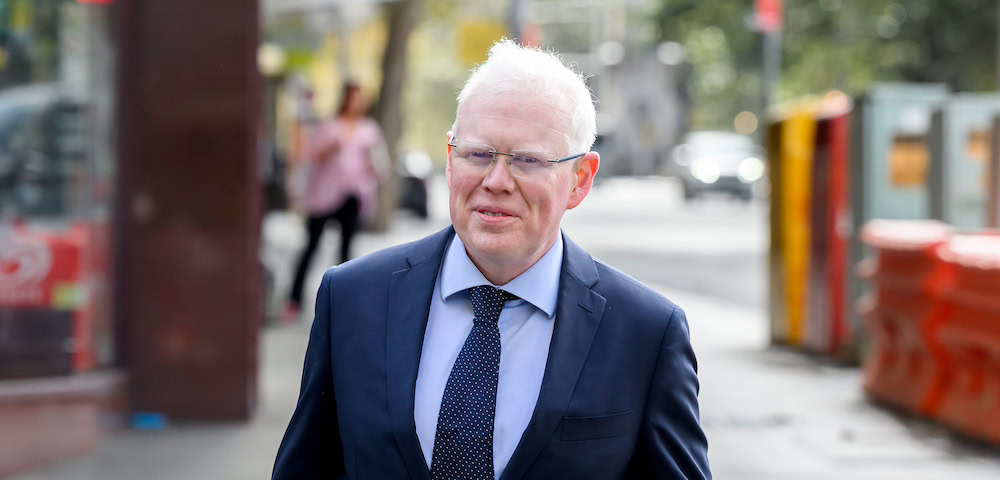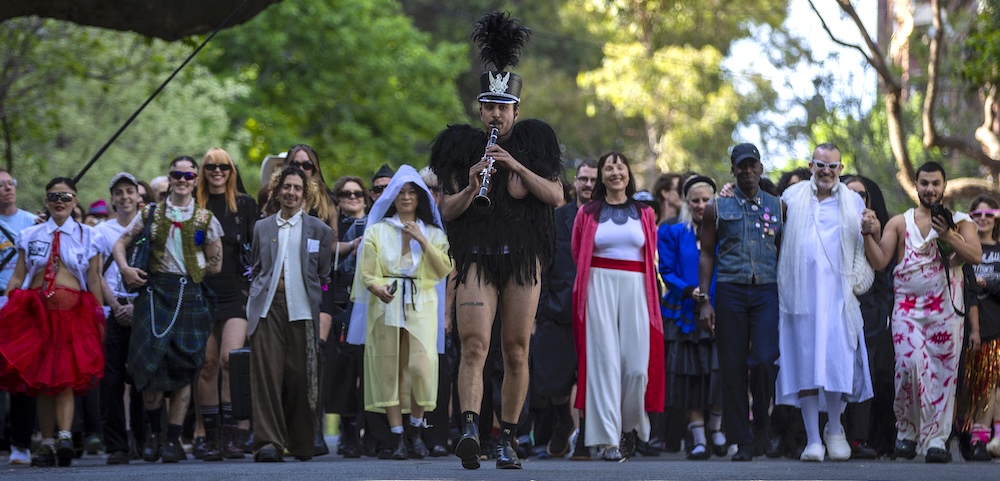
Disclosure ethics queried
The case of a woman who was awarded $727,000 from her doctors after she contracted HIV from an untruthful sexual partner could send a mixed message to health practitioners, the Australian Medical Association’s NSW branch said yesterday.
AMA NSW president Dr Choong-Siew Yong told the Star the Supreme Court ruling blurred the lines between patient confidentiality and responsibility to the partners and relatives of a patient.
I think it’s going to take a little while for the judgement to be digested and put into context, Dr Yong said.
But in the meantime it does create some uncertainty as to where [doctors] stand when counselling patients about their HIV result.
Supreme Court judge Justice Jerrold Cripps awarded a 28-year-old woman $727,000 damages on Tuesday after he found Marrickville doctors Nicholas Harvey and King Weng Chen had been negligent. Justice Cripps told the court the doctors had not offered the woman’s partner -“ who had tested HIV-positive -“ enough post-test counselling to ensure he understood his obligation to tell her his HIV status.
The couple visited the doctor together for HIV and Hepatitis B tests, as they wanted to start having unprotected sex. The man tested positive, but kept the results from his partner -“ even forging a negative test result.
Yong said while he supported people in relationships knowing about their partners’ sexual health, people who genuinely objected to anyone else accessing their test results made the situation difficult for doctors.
You really do technically need the permission of the patient to tell anyone else, including their partner. The court is now sort of saying you’ve got to protect the partner as well, and the problem is in weighing up those two aims.
If a couple visited a doctor for the first time it was difficult to know the dynamics of their relationship or whether they would be honest with each other, Yong said.
Most doctors do take what their patients tell them on trust -“ you’ve got to trust your patients to tell you the truth. What happens then is sometimes patients do lie to their doctors, but the difficulty is if you approach every patient consultation assuming the patient is going to lie to you, then it’s very hard to keep a good doctor-patient relationship going. How will the patient trust you if you sense you don’t trust them?
ACON CEO Stevie Clayton told the Star the case was not about doctors breaching the confidentiality of patients -“ it was about providing adequate pre- and post-test counselling.
The judgment reinforced the requirement and right to confidentiality. What it said was that if the man had been provided with pre- and post-test counselling, and the sort of support that someone newly diagnosed should get, then the situation wouldn’t have arisen, she said.
While there were many skilled HIV practitioners around Darlinghurst and Newtown, many suburban doctors had little or no experience dealing with HIV/AIDS cases, Clayton said.









